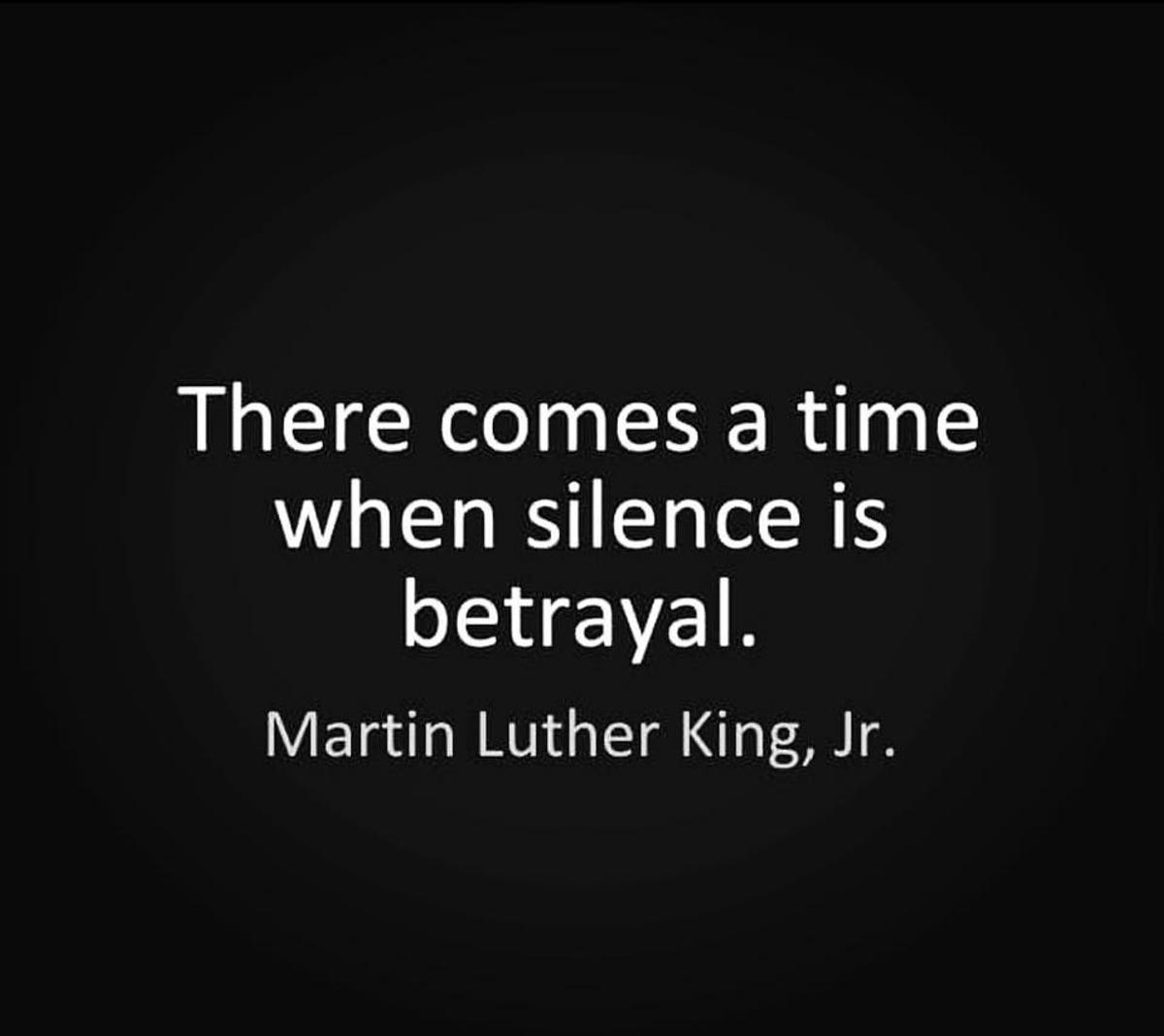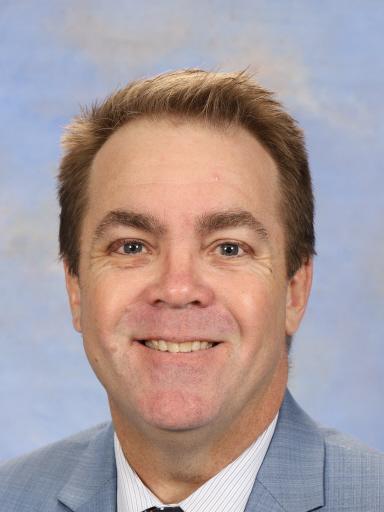PRINCIPAL'S REPORT

In my IB Global Politics class, we have spent the better part of this year studying the role and impact of the United Nations in the modern context. As a class, we have come to understand that the UN is certainly not perfect and certainly not reflective of the realities of a complex and globalised world…but it is truly aspirational. Almost the very first issue we discussed was the Universal Declaration of Human Rights which was proclaimed in the aftermath of the devastation of WWII in 1948. Article 1of the wonderful document states that All human beings are born free and equal in dignity and rights. They are endowed with reason and conscience and should act towards one another in a spirit of brotherhood.
One of the things that I have learned in my 30 years of studying and teaching history is that in times of injustice, fear and intolerance - silence is unacceptable. Over the past week thousands of people have written and spoken about the murder of George Floyd in Minneapolis last week., and this tragedy has been all over Instagram/Facebook and other social media platforms. A social media post is a valid response in 2020 but can only really accomplish so much. Listening, learning, understanding and asking how we can help, accomplishes much more.
I do not often seek to view video’s such as the one of George Floyd’s murder, but with the current violence in the streets of America and the subsequent protests breaking out around the world, including Australia, I did this time. To say that I was disgusted, horrified and upset is an understatement in the extreme.
It is always easy to look at incidents like this and say, as one prominent Australian recently did, “well…that is in America, we do not have these types of issues.” Unfortunately, this is simply not the case. There are very dark chapters in our history (as any student who has studied Year 9 History can attest) as well as in our present. In Sydney this week, hundreds of people marched through the streets protesting against Indigenous deaths in custody in Australia and the killing of George Floyd in the United States. The focus for this protest was George Floyd, but also David Dungay – a 26-year-old Aboriginal man who said “I can’t breathe” 12 times before he died in 2015 while being restrained by five prison guards.
I have never had to feel fear for my life. I have never had to experience a situation where I felt threatened simply because of the colour of my skin or my ethnicity. I cannot sit here and pretend to know what that feels like. What I can do is to try and understand what has happened and acknowledge that it is simply wrong and that nobody should ever feel discriminated against. Racism is a global, national and local issue and silence will not solve it. We need to talk about it at home and try to ensure that our children are provided with as much accurate information as possible to be able to understand the roots of this historic and entrenched racism.
I certainly do not have the answers, nor do I pretend to, but I do intend to continue to listen, learn, understand and ask how I can help.
Paul Humble | Principal



